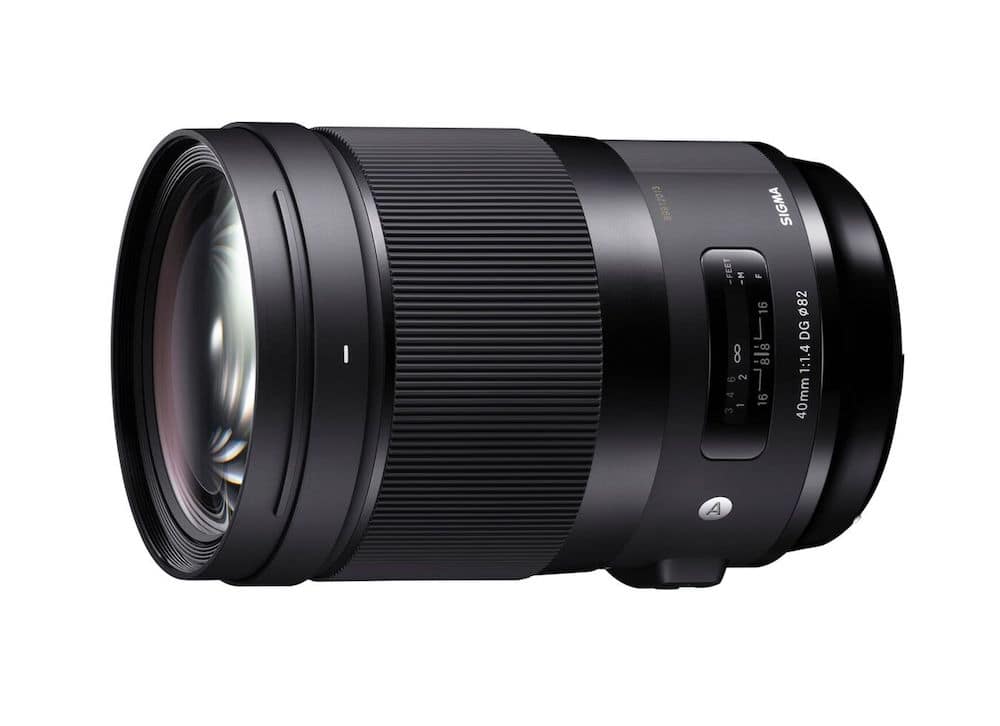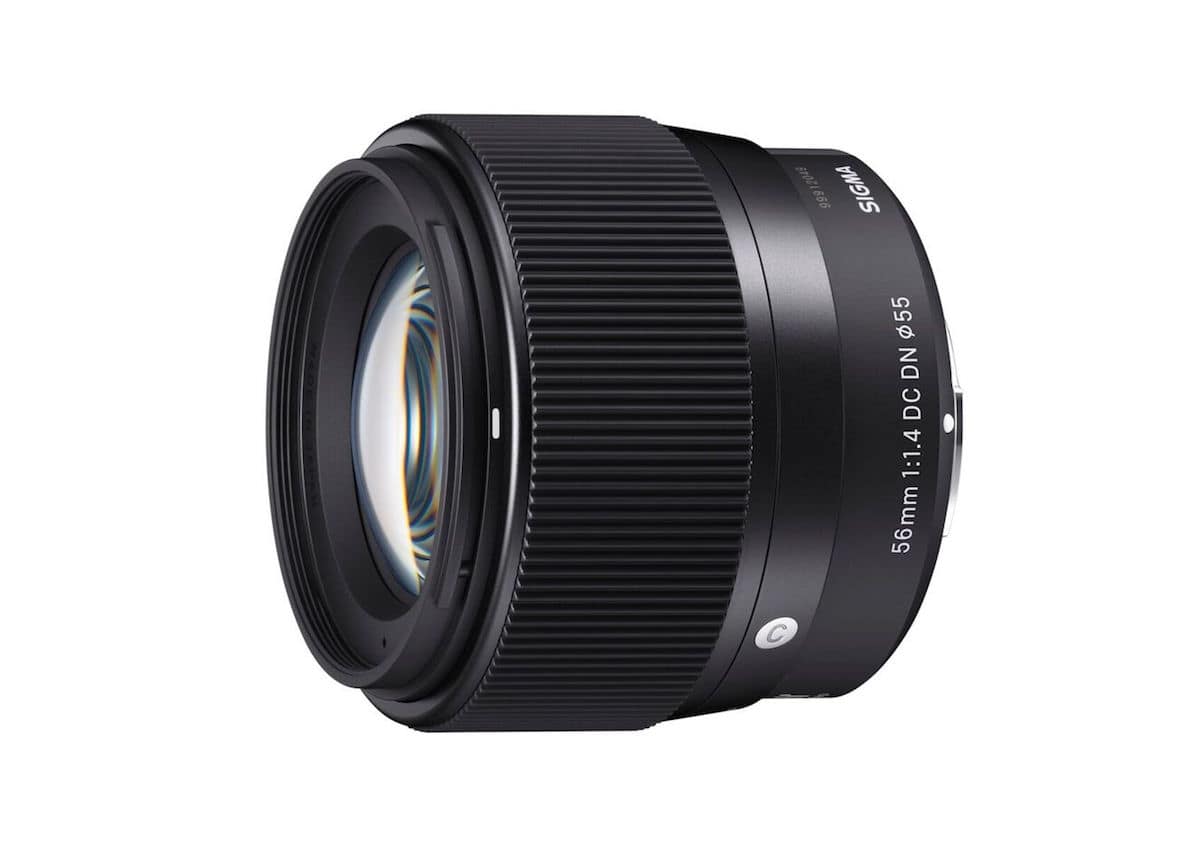Sigma 40mm f/1.4 DG HSM Art and 56mm f/1.4 DC DN lenses to be released on November 22nd.
Sigma 40mm F1.4 DG HSM | Art lens will be available for Canon, Nikon DSLR cameras. The compact 40mm Art lens will also be available for the Sony E mounts.
Sigma 56mm F1.4 DC DN is an APS-c mirrorless lens and will be available for Micro Four Thirds and Sony E mounts. The compact 56mm lens becomes the sixth DN lens after the Sigma 30mm F1.4 DC DN ($339), and the second 16mm F1.4 DC DN | Contemporary lenses.
Sigma 40mm F1.4 DG HSM Art
The 40mm F1.4 DG HSM Art is Sigma’s first lens developed originally to live up to the sought-after angle of view and performance standard for a benchmark cine lens. This lens effectively arranges three FLD (“F” Low Dispersion) glass elements and three SLD (Special Low Dispersion) glass elements to correct axial chromatic aberration and magnification chromatic aberration. Designed for exceptional sharpness at maximum aperture, this lens excels at available light photography. With less than 1% distortion and near non-existent sagittal coma flare, this lens demonstrates consistent optical results featuring both 8K-compatible resolution and a beautiful bokeh. It is available for Sigma, Nikon, Canon and Sony E mount camera systems.
Full technical specifications are available here.
Sigma 56mm F1.4 DC DN Contemporary
This lens completes the Sigma large aperture series of portable wide-angle, standard, and telephoto prime lenses in Micro Four Thirds and Sony E mounts. Featuring compact design, light weight and outstanding image quality offered in Sigma’s Contemporary line, this lens stuns with a beautiful bokeh effect and the amount of brightness expected from F1.4 lenses even in the mid-telephoto range for cropped sensor cameras. In addition, this lens is characterized by smooth and quiet autofocus ideal for video shooting. Compatible with the Sony E mount Fast Hybrid AF, it also achieves precise AF tracking. By using the face recognition or eye AF functions of the camera, focus will continuously be on the face or the eye even if the subject moves during the shoot.
Full technical specifications are available here.
via: Nokishita


